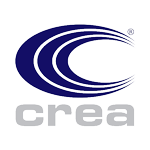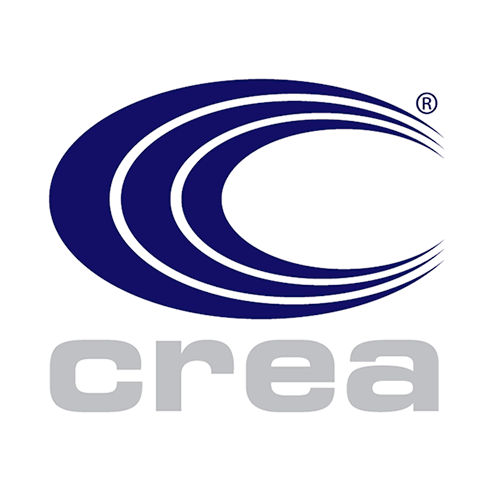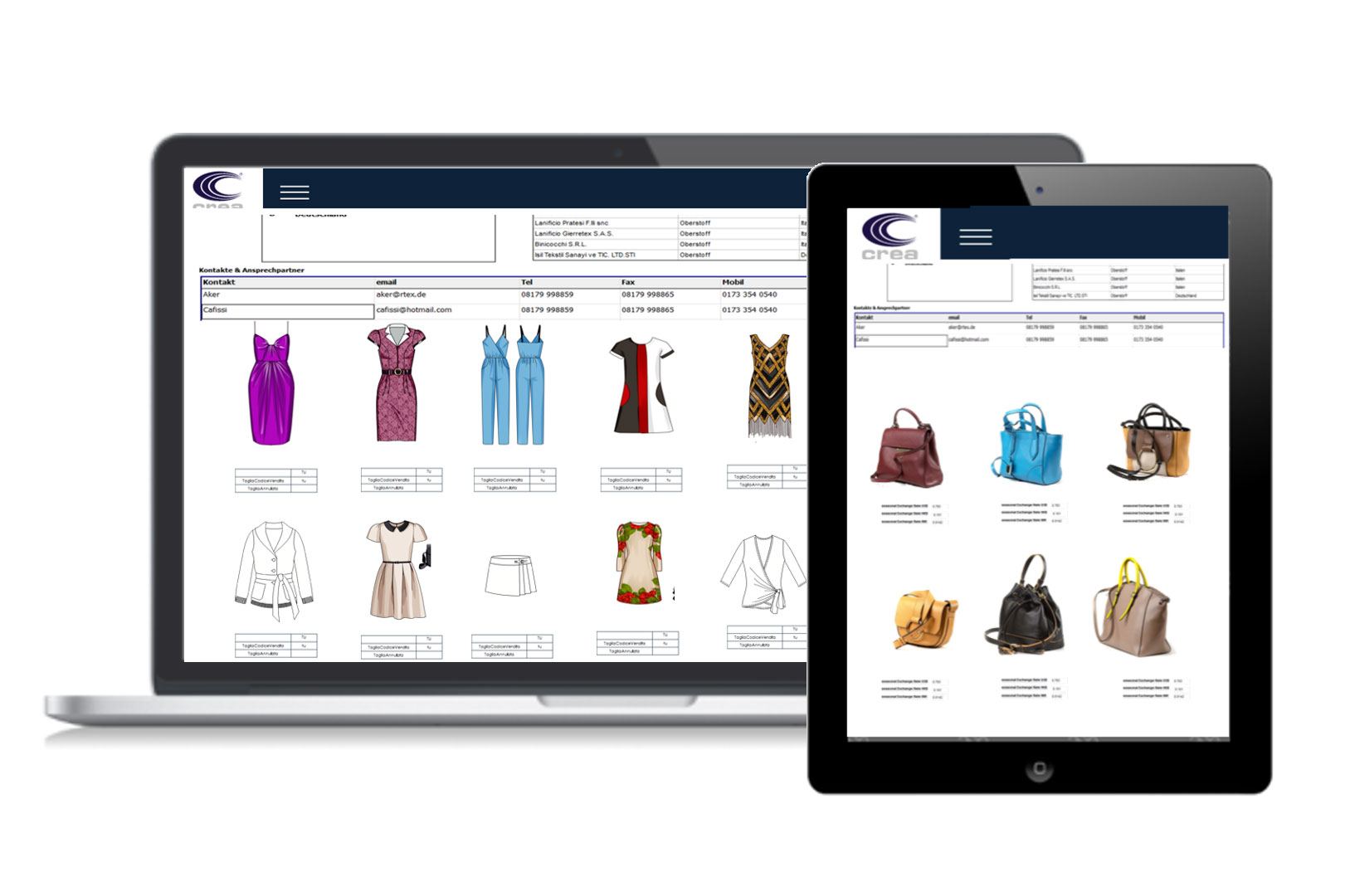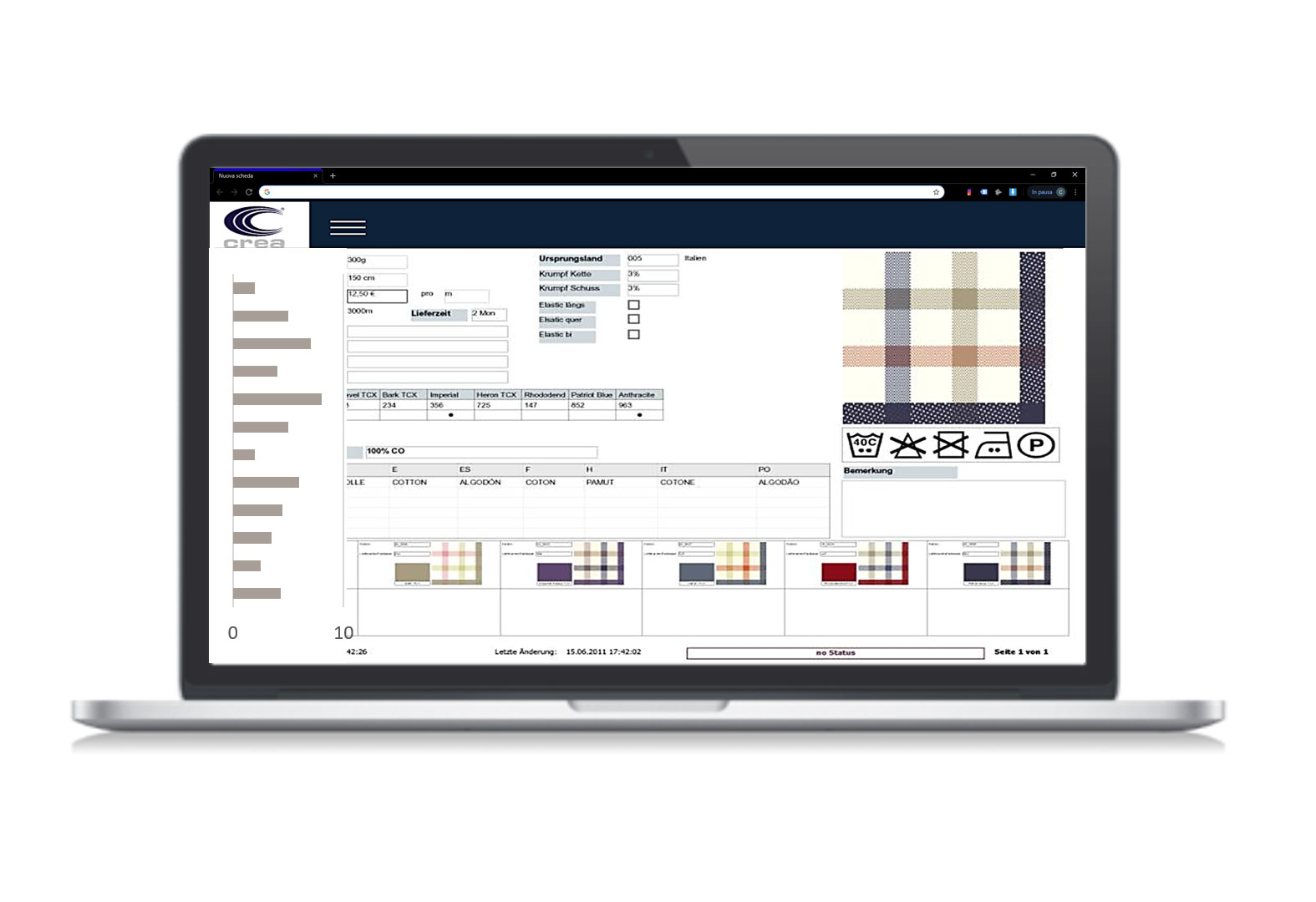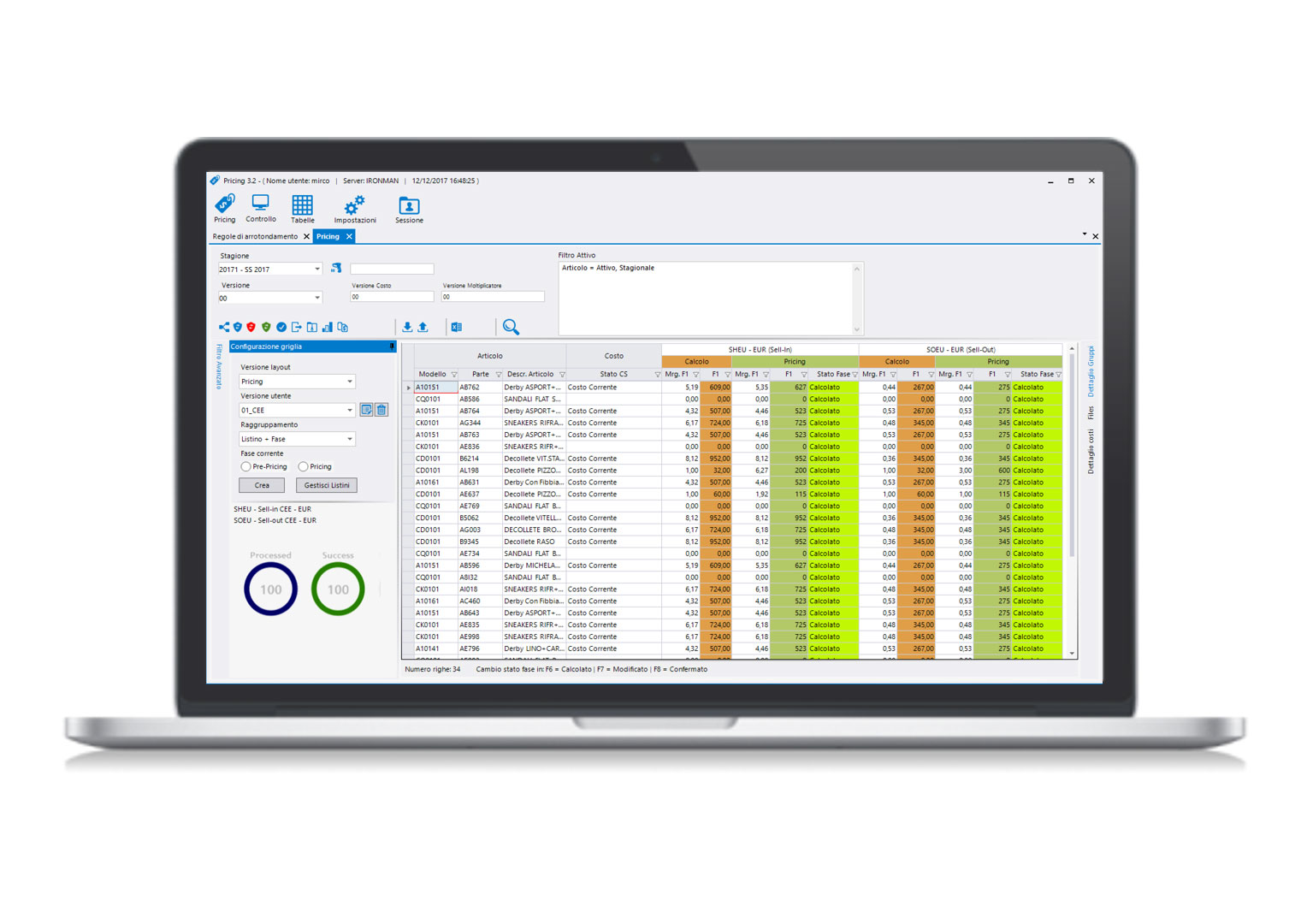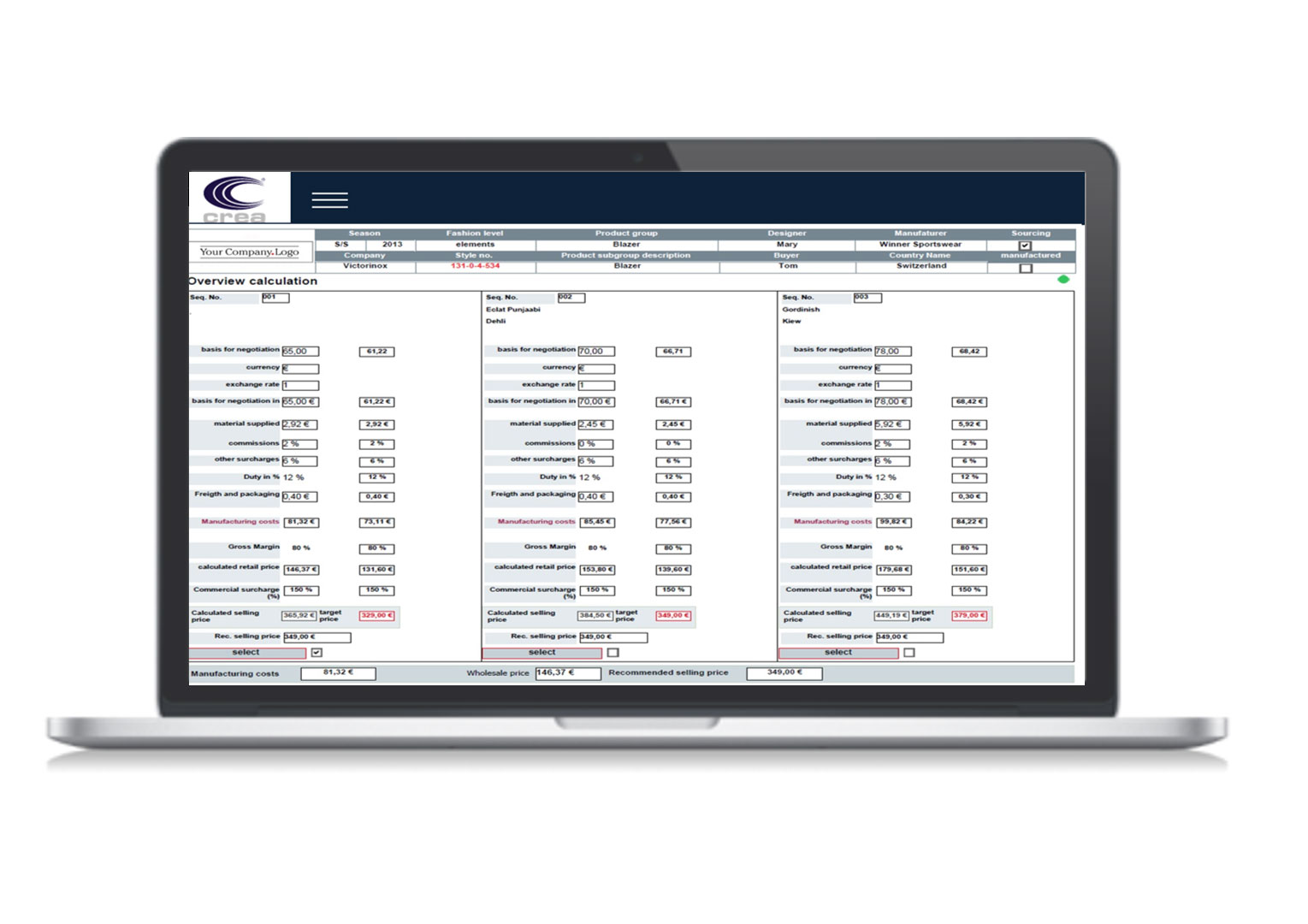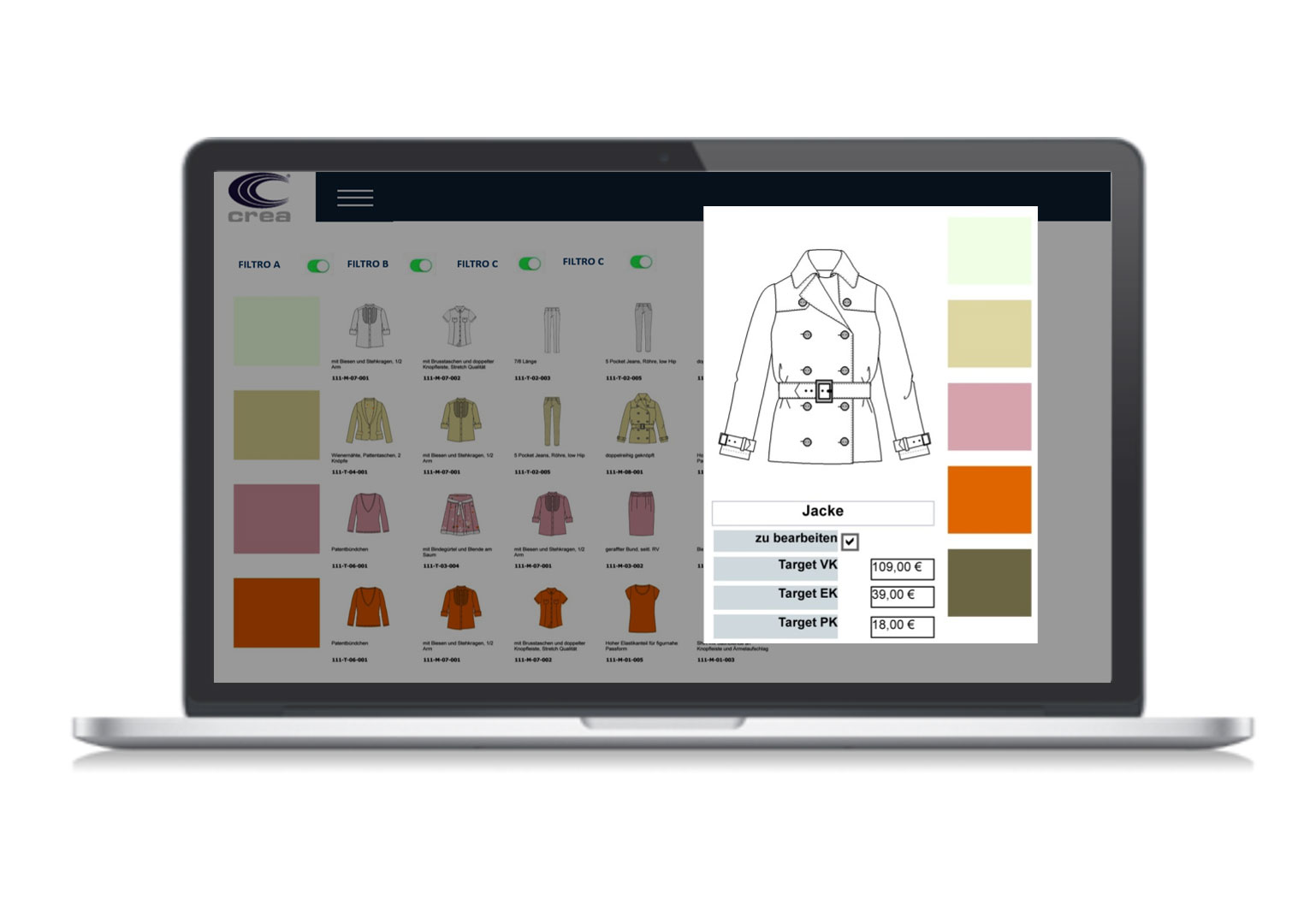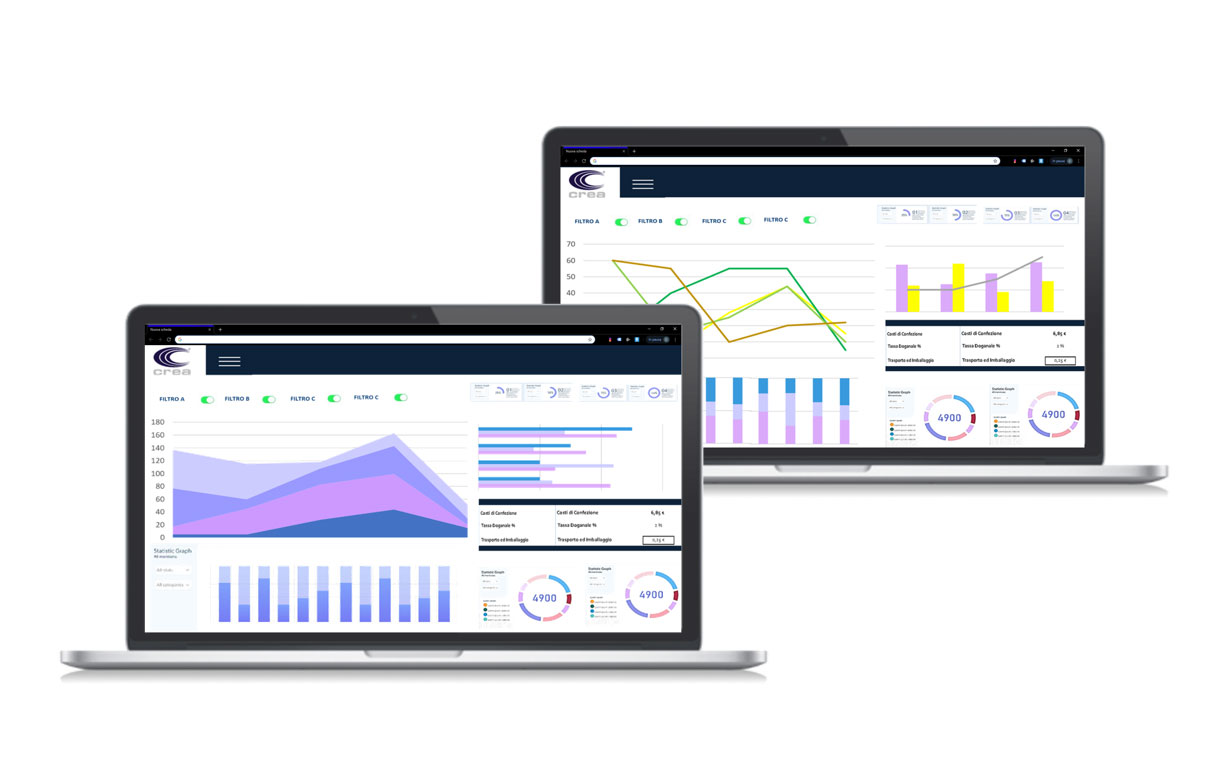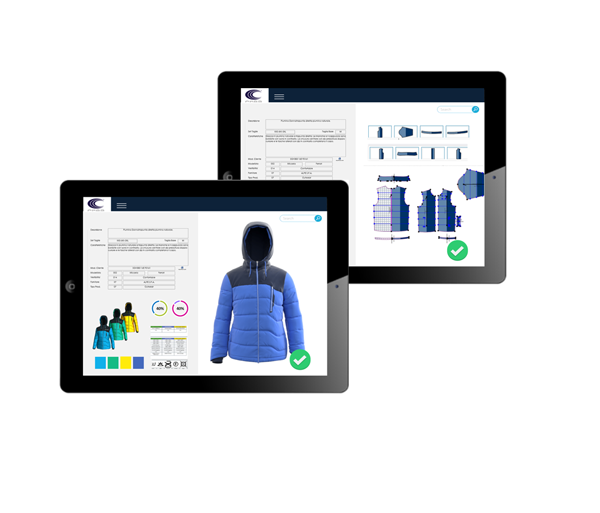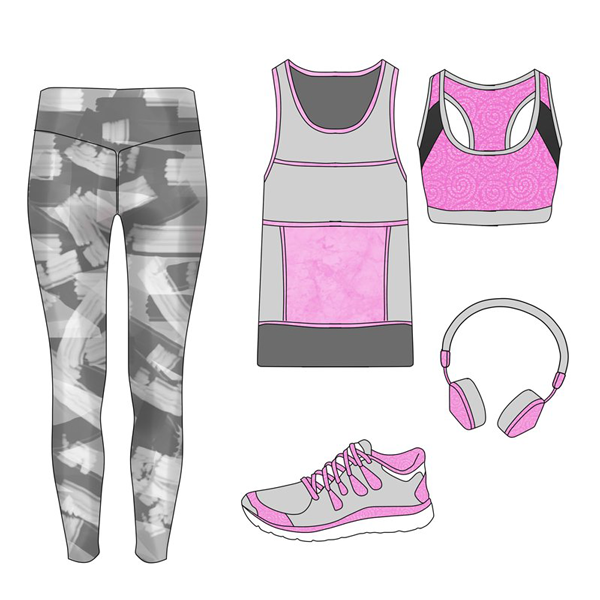MTM Insight : interview with Ivan Marin
An integrated IT workflow able to process MTM orders also from third party customers and the total digitalization of production
This is the goal of Impatt, a vertical consultancy company on the production of tailor-made garments for the world of clothing.
Ivan Marin, head of the IMpatt company, is one of the leading experts in tailor-made clothing in Italy and provides specialized consultancy to companies to integrate the offer of tailored garments within the production processes, guaranteeing maximum quality of the finished product and standardization of processes.
Who is Ivan Marin
Specialized at the Secoli Institute in pattern making and Fashion, Ivan Marin has gained a great deal of experience within several prestigious fashion houses during his career, including multinationals in the clothing industry. For years now it has been providing specialized consultancy for the production of tailor-made garments, from pattern making, to process digitization up to business strategies to increase margins.
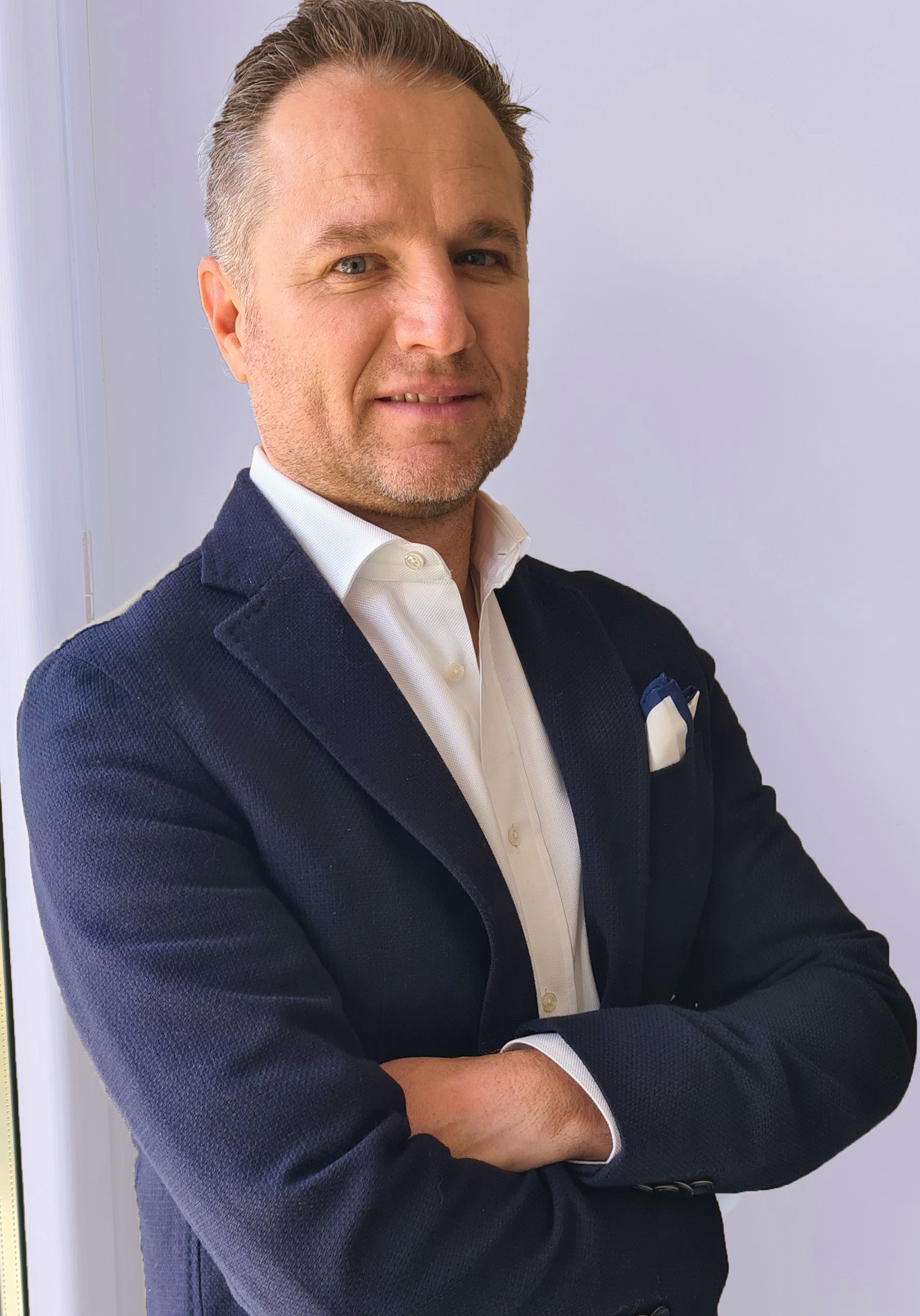
Interview
We asked Ivan to share his vision with us in order to understand if it is actually possible to increase your sales with bespoke, how to do it in practice and above all from the point of view of the market.
Listening to your experiences we notice a great passion for tailoring and manufacturing, how did your love for bespoke garments born?
<< Being the son of a tailor, it was my daily bread to see customers take measurements, cut the fabric and make clothes of great value. All this led me to become passionate about the sartorial world and everything that revolves around it. In my adolescence the cutting school and the first garments sewn together with my father were the foundations of a path undertaken as a boy and which then led me to attend the school of industrial pattern making in Milan. >>
What were the most significant experiences that led you to such a broad know-how?
<< After completing my studies, I was lucky enough to have very formative experiences in various small and medium-sized companies. In these realities I learned and used the first CAD, learning about the different software and learning the IT management of made-to-measure garments. The years spent in some companies specialized in MTM / MTO where I consolidated and perfected my technical knowledge were also very important, testing them directly on the end customers to whom we took the measurements for the realization of the garments. These were the foundations of my experience that allowed me, once I landed in large international companies, to make my contribution effectively. In particular, working for a large multinational I was able to travel a lot and visit many different factories and production companies, these experiences made me grow very professionally, giving me a broader vision and mentality.
Since 2019 I am the owner of IMpatt SA, a pattern making and consultancy service, in addition to the design of garments for the collections of various brands we are in fact specialized in tailor-made consultancy. We try to support our customers at 360 ° not only from the pattern making point of view, but by integrating the various company systems to create a unique flow of information that allows you to always have control from the design phase to production. The ERP-CAD-PLM integration allows just this, and for our Italian and international customers we carry out customized software projects with Crea Solution, a company in which I believe very much especially for the large investments it makes in R&D and innovation for MTM / MTO production. . >>
In the years of your career to date have you seen an increase or demand from customers for bespoke garments?
<< Yes, the demand for personalized garments has definitely increased. The consumer is more demanding and wants to stand out from the others. As a function of this change, several companies are approaching tailor-made in different ways and methods. >>
What do you think is the added value of a made-to-measure garment?
<< Experience has taught me that once customers start wearing tailored garments, they will hardly go back. In addition to the garment itself which obviously will dress the customer impeccably (if the measurements are taken correctly and if the pattern is well made), the whole purchasing process, attention to detail, the enhancement of one’s taste contributes to creating an experience unique and personal. >>
What is the biggest difference between MTM and MTO?
<< MTO is usually defined as a “very limited tailored” process with few alterations allowed compared to a pattern that is often already present in the seasonal collection offer. The MTM garment, on the other hand, is the maximum expression of the possible customization that a company can offer its customers in terms of both pattern and various processing details. >>
How much does the human factor influence the tailor-made process?
<< We can say that 90% of the bespoke process is conditioned, managed and controlled by the human factor. Starting from the choice of fabrics, to taking measurements up to the processing and final delivery phases, the human factor is the plus that makes this an immersive shopping experience. >>
Especially abroad, the Body Scanner is in great demand while in Italy there is still a lot of manual measurement, is there a more correct procedure than the other? What are the pros and cons?
<< In recent years, technology has also made an important appearance in our sector, improving processes and opening alternative ways. Body scanners represent one of these, those on the market certainly offer the possibility of aligning the measurement that instead, performed manually, often presents differences between one tailor and another. recognize the postural differences of the customer, something that the eye of an expert tailor can recognize and consequently signal and then intervene on the cutting of the pattern making or on the processing. >>
How much does technology influence bespoke production processes in companies?
<< Technology is now in all the production processes of a made-to-measure garment, from the automatic loading and creation of orders, to the automatic creation of the tailor-made pattern with the advanced Crea Solution CAD systems, to the digital positioning and cutting of the fabric. Furthermore, technology is strongly present and fundamental also in warehouse management, deliveries and tracking, up to after-sales data. >>
What technologies are needed to be able to approach tailor-made?
<< The most important technology is CAD, which allows you to automate the pattern making alterations that the tailors made directly with chalk on the fabric. However, if we are talking about companies that want to invest in the bespoke business, there are really high-performance software that gives the ability to govern the entire process, from receiving the order to delivering the garment. Corporate management software (ERP) integrated with the latest generation CAD systems (2D / 3D) are the right way to manage the essential phases of an MTM production process. In addition to these, it is possible to combine product-specific life-time management software (PDM-PLM) that can expand the management potential of variables within the process. I chose Crea Solution as IT Partner because it offers all these systems integrated and developed around the business strategy of my customers, this allows for a streamlined and unified workflow. >>
